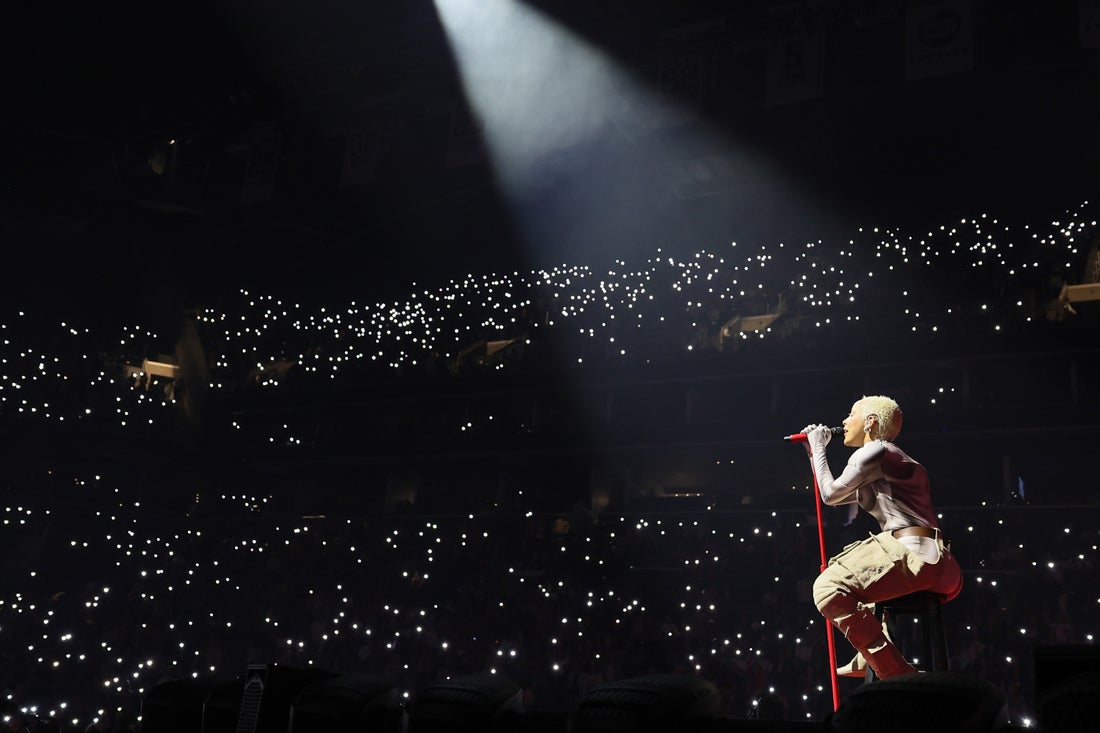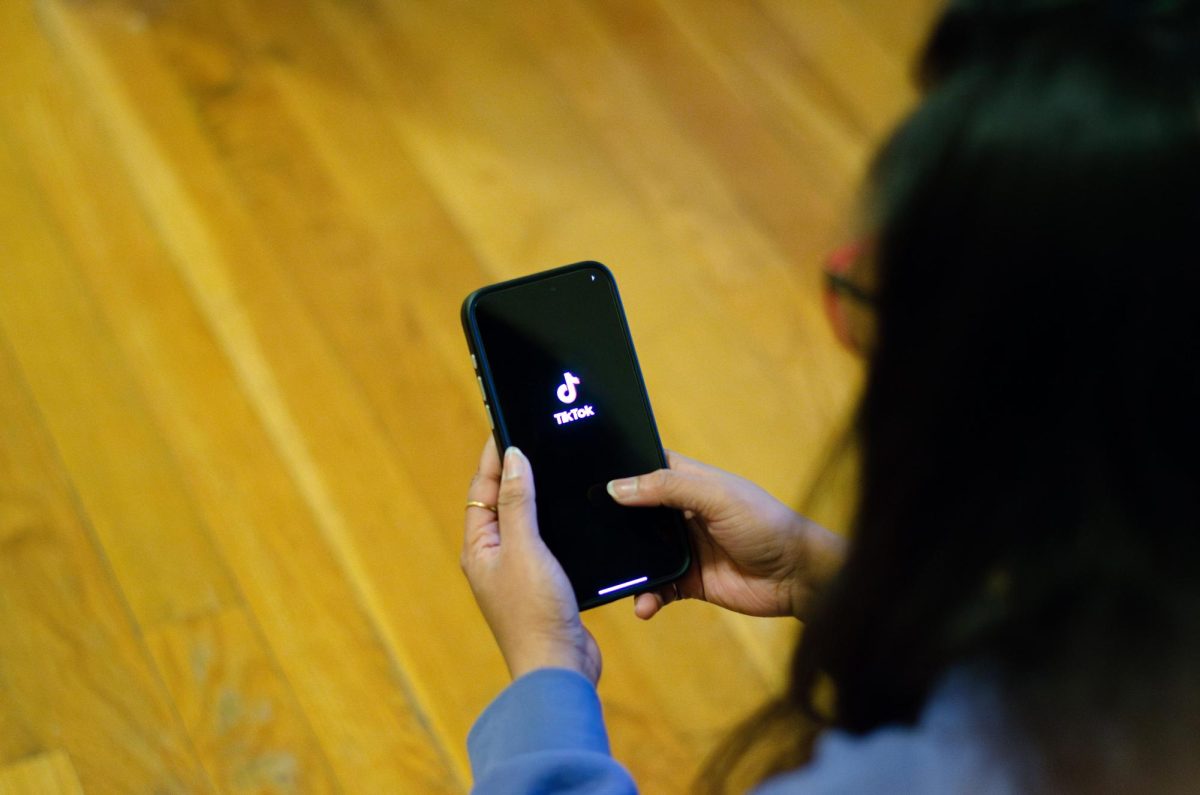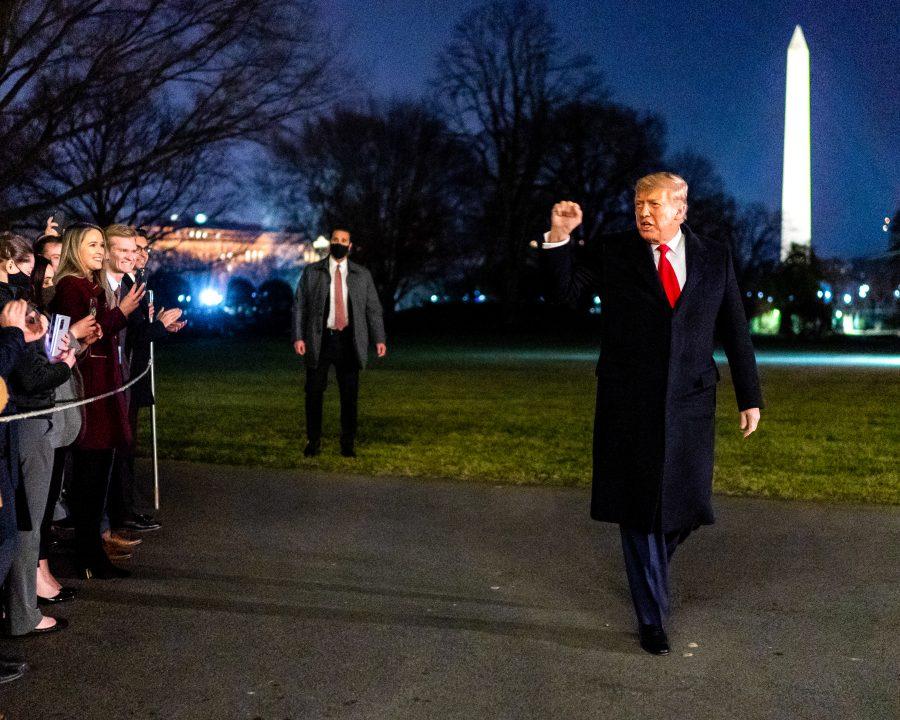For the first time in United States history, a president has been impeached twice. 45th president Donald Trump was impeached for a second time by the House of Representatives on Jan. 13, 2021, just one week before President Biden was sworn into office. Feb. 9 kicked off the first day of the second impeachment trial of Donald Trump, and here is what we know:
Trump has been charged by the House for inciting the deadly mob that attacked the Capitol and left five people dead on Jan. 6, 2021. Trump’s lawyers are saying that he is not guilty of the incitement, and that his words were just a figure of speech to the crowd of people at a rally on Jan. 6, shortly before the insurrection occurred.
On the first day of the trial, senators started with a debate over the constitutionality of prosecuting Trump after his presidency has ended.
According to the Associated Press, “Senate Majority Leader Chuck Schumer said it was the senators’ ‘solemn constitutional duty’ to conduct a fair trial of the ‘gravest charges ever brought against a president.’”
As the first day of the trial continued, senators discussed the layout for the trial proceedings on top of debates about whether or not Trump should be prosecuted on his impeachment charges due to him no longer being in office.
The Washington Post and the Associated Press have both stated that it is unlikely that the House will present witnesses, and instead Senate jurors will be presented with videos recorded from the day of the insurrection.
Rep. Jamie B. Raskin (D-Md), the lead impeachment manager, kicked off the debate for the proceedings by playing a video that recapped the events of the insurrection that took place on January 6. Raskin ended his segment through a recount of his own experience during the insurrection and talked about the injuries and deaths that occurred that day.
On the other hand, Trump’s defense team–especially his lawyer Bruce L. Castor Jr.–presented an argument that was what some would view as a rocky start.
According to the Washington Post, “After initially dealing directly with Democrats’ arguments, Castor was all over the place. He tried to work the refs by sympathizing with senators who might have competing motivations in their upcoming votes.”
While Castor’s opening statement seemed a little off-the-cuff according to the Washington Post, Trump’s other lawyer David I. Schoen had a different approach.
Schoen “offered a more detailed legal case about the issue at hand, repeatedly calling it a ‘snap impeachment.’ He was also much harsher about Democrats’ motives, concluding by suggesting this was somehow an effort to negate the votes of Trump’s supporters.”
The first day of the trial ended with a vote on whether or not the Senate had jurisdiction to hold the trial.
According to the Washington Post, 44 GOP senators voted to not move forward with the trial. An earlier vote showed that 45 of 50 GOP senators voted that the trial was unconstitutional.
Opening arguments began on Wednesday, Feb. 10 with both sides being able to have up to 16 hours for presentations.
Unlike Trump’s first impeachment trial, this time around the impeachment could take half the time due to the House having a lot of evidence gathered from social media posts and videos that have garnered a lot of attention from the general public. Trump’s second impeachment trial could take the rest of this week to come to a verdict.



















































